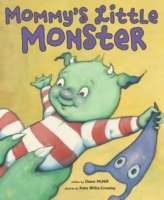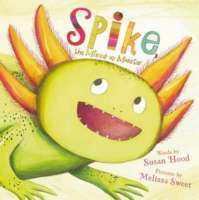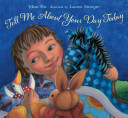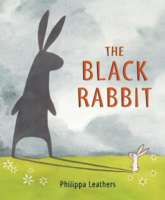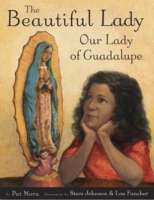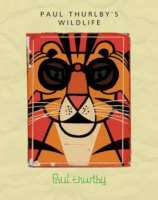
Did you know that crocodiles cry while they eat? Or that polar bears turn green if they stay hot for too long? Or that bees do a dance to speak to one another? See wildlife as you’ve never seen it before with Paul Thurlby’s menagerie of curious animals. With unique and humorous artwork that’s so stylish you’ll want to remove it from the book and hang it on your wall, Paul Thurlby brings to life twenty-three animals in a way that will appeal to readers of all ages.

